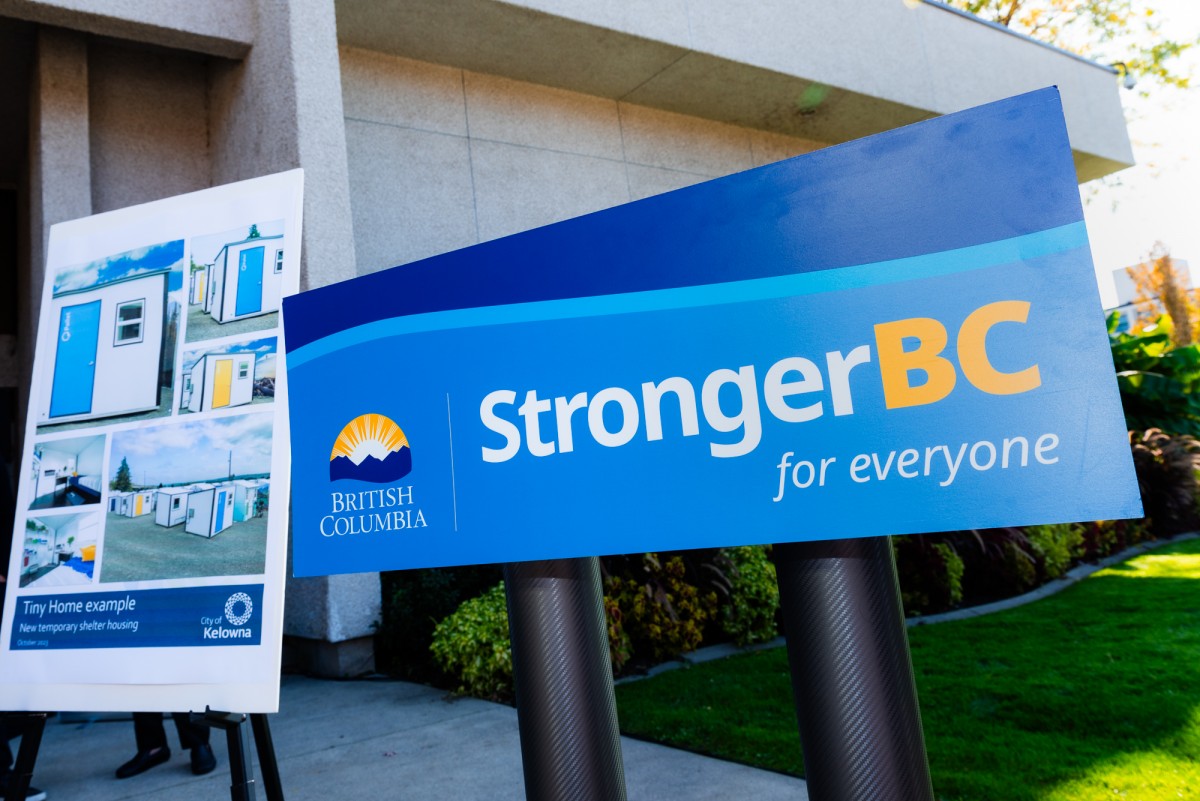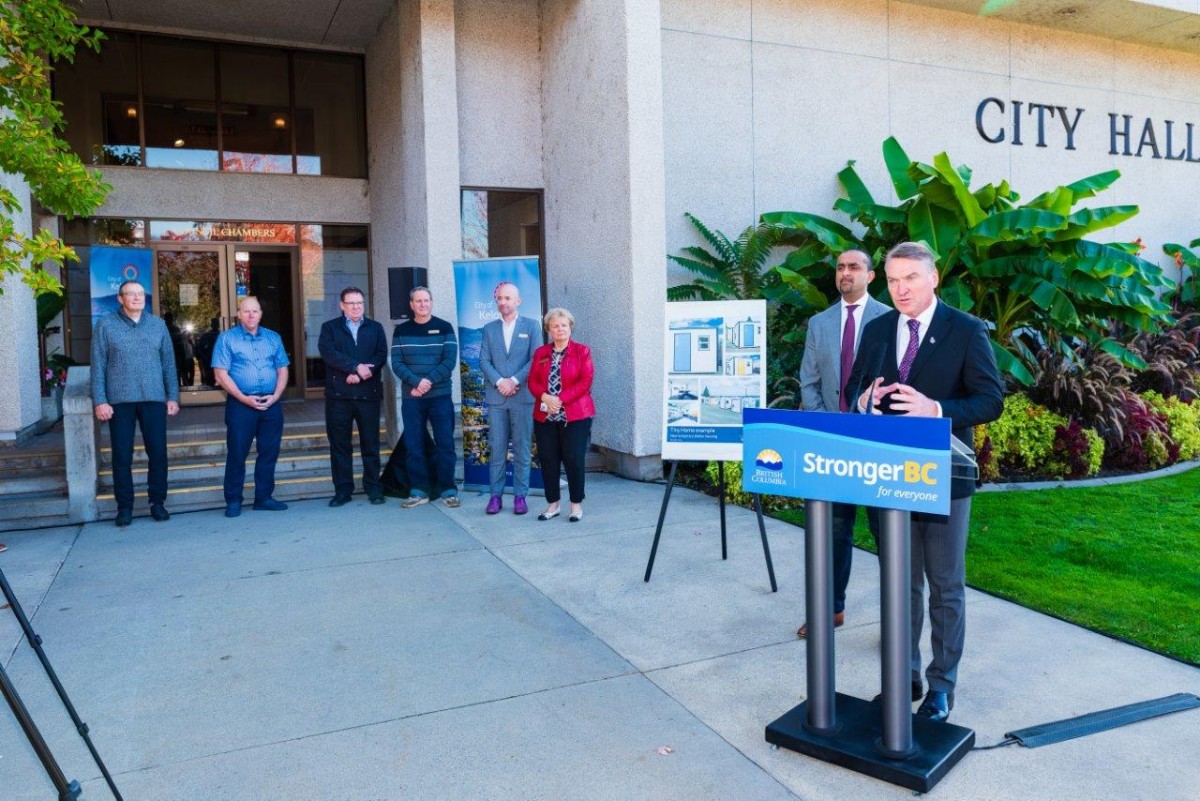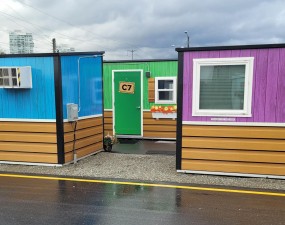Working together to address homelessness
Topics
Oct 12, 2023
The Province of British Columbia and the City of Kelowna have formalized their commitment to collaborate in addressing homelessness through the signing of a memorandum of understanding (MOU). This MOU underscores their dedication to enhancing support for unhoused individuals and those sheltering in encampments, as well as preventing future encampments.
“We are taking action every week of the year to break the cycle of homelessness, including this week during Homelessness Action Week,” said Ravi Kahlon, Minister of Housing. “We’re proud to be working in partnership with the City of Kelowna to create new tools to address the homelessness crisis in the Central Okanagan, but we know more work must be done. That’s why we will continue to work closely with local partners to establish a regional approach to homelessness to best support the most vulnerable members in the community.”

The MOU serves to clarify the roles and responsibilities of both the Province and the city, with a primary focus on ensuring the health and safety of people sheltering outdoors. It also outlines plans to create new temporary housing options to transition individuals currently in encampments to indoor settings. This includes the rapid development of new shelter and housing options and a more coordinated approach to outreach and support services. Under the MOU, the city has committed to providing available land and expediting land-use decisions for new shelter and supportive-housing projects.
Work to fulfill the commitments within the MOU is already underway. BC Housing is in discussions with Kelowna to create 120 net new housing units over the coming months. Funded through the Homeless Encampment Action Response Temporary Housing (HEARTH) program, these units offer a temporary housing solution while BC Housing continues to collaborate with the city in identifying permanent supportive housing. Further details regarding these plans will be made available to the public as they are confirmed.
"The need for shelter and housing solutions in our community has never been greater. Working together with the Province, I am pleased to see these quick and meaningful actions underway that are helping support those living unhoused access safe shelter," said Tom Dyas, mayor of Kelowna. “We look forward to continuing this momentum of collaboration as we work together to create solutions across our city and region.”

Kelowna will also become the first location in the Interior to utilize a tiny-home solution, featuring small single-room units that are quick and easy to install. Once constructed, these new homes will be operated by experienced non-profit organizations, offering support services such as daily meals, 24/7 staffing, access to skills training, and support with navigating the housing system. Individuals transitioning to these new homes will undergo assessments and be matched with the appropriate supports.
In addition, the Province and the city are partnering to implement Homeless Encampment Action Response Teams (HEART), a new multidisciplinary regional program designed to rapidly respond to encampments and better support people sheltering outdoors in moving indoors. This program will bring together the provincial and local governments, Indigenous partners, health-care agencies, and non-profit organizations, ensuring swift access to the supports and services required to secure housing. Health, sanitation, income support, harm reduction, fire safety, and social and cultural support will all be provided through this program.
Kelowna, alongside Prince George, will be the first two municipalities to partner with the Province and BC Housing in implementing HEART and HEARTH programs. The Province is committed to exploring opportunities to extend these programs to other local governments.
HEART and HEARTH programs are integral parts of Belonging in BC, the Province's plan to prevent and reduce homelessness. The plan also entails the addition of 3,900 new supportive-housing units and 240 complex-care housing units across the province.
- To read the MOU, please visit: https://news.gov.bc.ca/files/BC-MOU_Kelowna_HEART-HEARTH.pdf
- For details about the HEART and HEARTH program, visit: https://www.bchousing.org/housing-assistance/homelessness-services/HEART...
- For more information on the Belonging in BC plan, please visit: https://news.gov.bc.ca/files/BelongingStrategy.pdf







